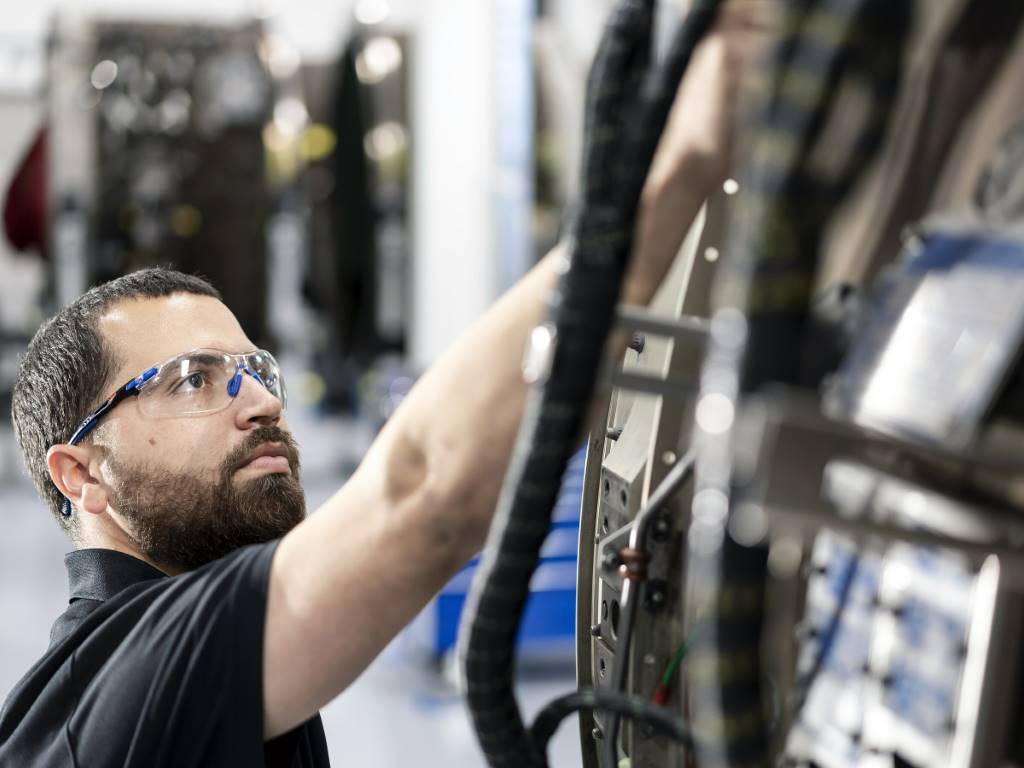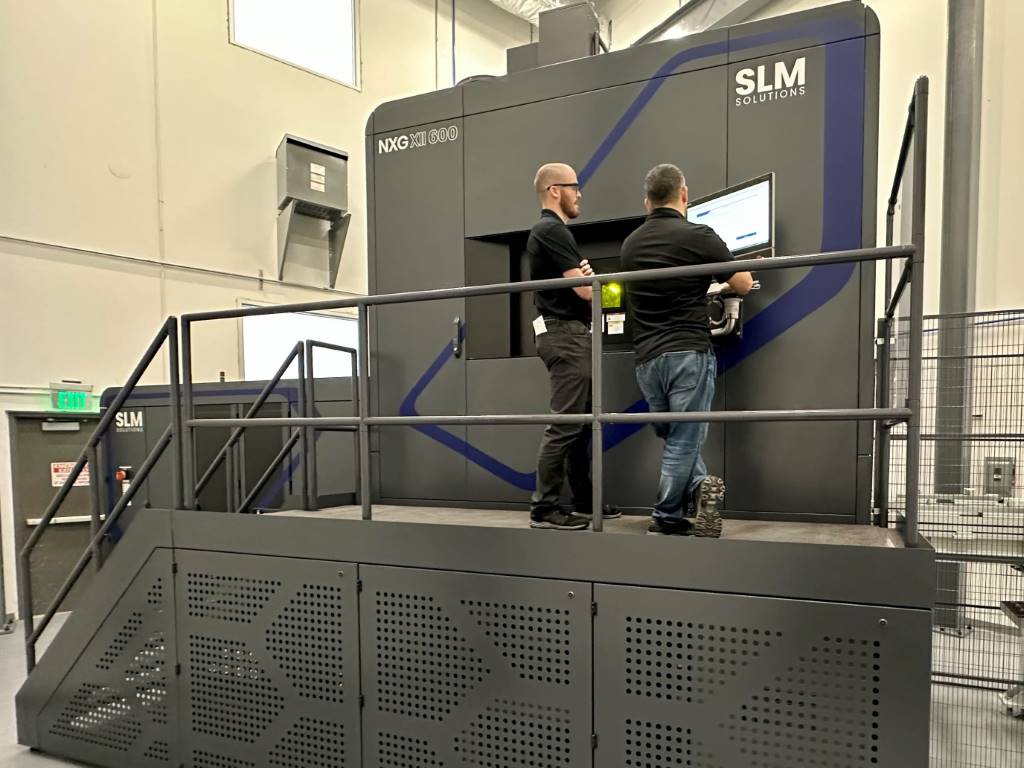Science is for girls
Dr Sima Adhya explains why science and engineering technology should not be viewed as a man's world by women looking to enter the profession.
Dr
Sima Adhya
explains why science and engineering technology should not be viewed as a man's world by women looking to enter the profession.
As senior technical officer at Sciemus, a complex risk modelling company based in London, my job is to analyse the technical risks associated with satellite missions. I use my findings to advise insurers and financial backers about the reliability of the satellites in question. I travel all over the world to learn about the latest advancements in space technology - it's a healthy mix of science and maths and talking to people - the things that I enjoy.
I meet a fascinating range of people through my work - engineers, insurers, financiers - which is always very interesting, but I am constantly amazed and a little disappointed that I meet so few women in the industry. I often find I'm one of only two or three women at a meeting. It seems that the main elements of my career, space and finance, are largely no-go zones for many women in the workplace.
It's not that I think more women should embark upon a career in science just to make up numbers; I just think that it's a lost opportunity for many women who are missing out on a rewarding, exciting and potentially lucrative career. The negativity exemplified by girls towards science begins at a young age with only 1 in 8 girls who get an A* grade in science GCSE go on to study the subject at A level, as opposed to 50% of boys. It would appear that even girls who are good at science don't want to do it! Though other statistics show that girls actually outperform their male counterparts in the classroom, it seems that they have less inclination to pursue a science-related career.
Some people blame the industry for being hostile towards women but I don't think that's the case. Throughout my studies and my career, I can honestly say I've never experienced sexism in a negative way. If anything, being different can make you stand out, giving you the opportunity to show what you are capable of.
I think the real reason for girls' less than enthusiastic attitude towards science is the lack of role models they feel they can relate to and aspire to be like. Although women astronauts have embarked on ground-breaking space missions and female scientists have been at the cutting edge of medical revelations for decades, few girls when asked could name a well known female scientist other than Marie Curie. This needs serious attention if we are to encourage young women which much needed talent to embark upon science-related careers in the future.
Students need to be taught about the broad spectrum of careers that science can offer from a young age. There is an inaccurate perception, especially amongst girls, that science is ‘un-cool' and a career in science means subjecting themselves to life in a lab coat. The reality couldn't be further from the truth and I'm proof of that having undertaken work for NASA and the European Space Agency on projects such as asteroid deflection techniques.
The next few decades will be a very interesting for the aerospace industry and with projects such as space tourism just around the corner, there is no better time for women to look at entering the exciting and ever-changing world of science and aerospace. With the media attention that these projects will generate, I hope that both the women and men who make these feats possible will be celebrated in the public eye and will inspire a new generation of science trailblazers to come to the forefront.













